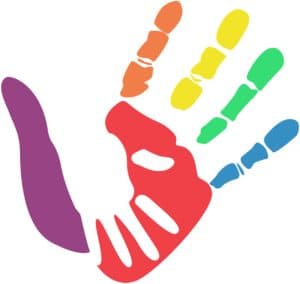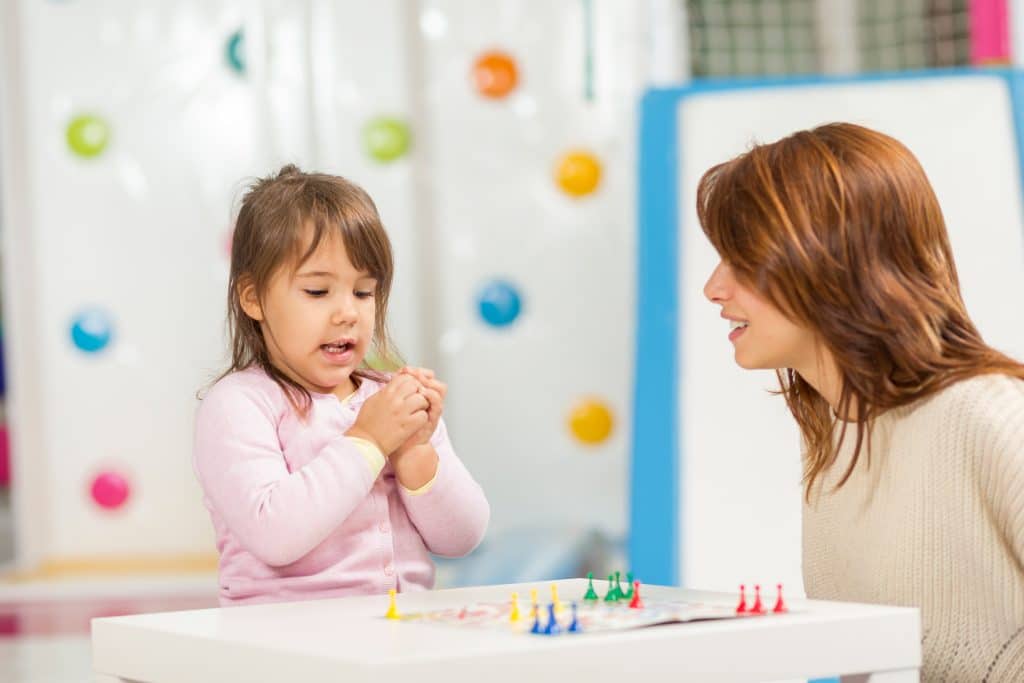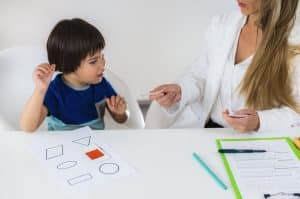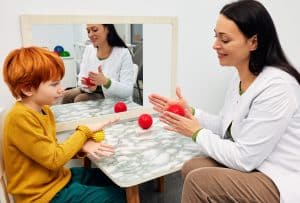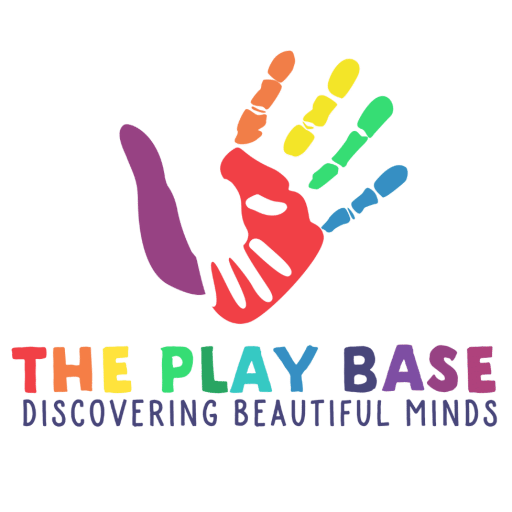Social skills are important for everyone, but children with autism often need extra support learning how to interact and communicate with others. Applied Behavior Analysis (ABA) therapy is a proven way to help children build these skills in a structured, supportive environment. Let’s look at how ABA therapy helps with social skills development and how families can benefit from this approach.
ABA Therapy for Social Skills | Improving Autism Social Interaction
ABA therapy is a personalized approach designed to teach skills step by step. When it comes to social interaction, ABA therapists help children understand how to communicate, take turns, share, and respond to others in a natural way. Therapy sessions use positive reinforcement to encourage success, giving children confidence as they improve.
Frances Fishman, founder of The Play Base and a Board Certified Behaviour Analyst, says: “At The Play Base, we break social skills down into simple, teachable parts, practicing them in ways that feel safe and fun for children. Our goal is to help them feel confident when interacting with others.”
Building Social Skills Through ABA Therapy | Communication Strategies That Work
ABA therapy programs focus on communication as the foundation of social development. Therapists work on:
- Teaching greetings and introductions
- Practicing conversation skills like asking and answering questions
- Helping children recognize social cues such as eye contact and facial expressions
- Learning to take turns and share during play
These strategies are tailored for each child, ensuring they can apply what they learn at home, in school, and in their community.
Social Skills Development in Autism | How ABA Therapy Supports Peer Engagement
Children with autism may find it difficult to engage with peers. ABA therapy supports peer engagement by:
- Setting up small group sessions where children can practice with others
- Role-playing different social scenarios
- Using visual aids and prompts to guide interaction
- Encouraging joint attention, where children share focus with peers
Frances Fishman explains: “Social growth takes practice and patience. We create opportunities for children to experience success with peers in a way that feels natural and rewarding.”
ABA Therapy Techniques for Social Skills | Helping Children Connect and Communicate
ABA therapists use practical techniques that help children learn by doing. Common techniques include:
- Modeling appropriate social behavior
- Prompting children to use new skills during play
- Using reinforcement to celebrate small wins
- Teaching problem-solving for social challenges
These techniques are gentle and supportive, helping children gradually build their abilities while feeling safe and encouraged.
Enhancing Social Interaction with ABA Therapy | Autism Peer Engagement Explained
ABA therapy not only teaches children how to interact but also helps reduce behaviors that may interfere with social development. Therapists help children manage frustration, reduce avoidance behaviors, and improve attention during social tasks. This holistic approach gives children a better chance to thrive socially.
Frances Fishman adds: “By combining skill teaching with behavior support, we help children feel ready to connect with their peers and participate in social settings.”
How to Get Started
If your child needs help with social skills, ABA therapy could be the right solution. Families can:
- Book an ABA therapy consultation
- Schedule an autism social skills assessment
- Enroll in an ABA social skills program near them
At The Play Base, we specialize in helping children with autism improve communication and peer engagement. Our expert team is ready to help your child develop the confidence and skills they need to connect with the world around them.
Ready to support your child’s social development? Contact The Play Base today to book ABA therapy consultation or enroll in our social skills programs. Let’s help your child build lasting friendships and communication skills together.
